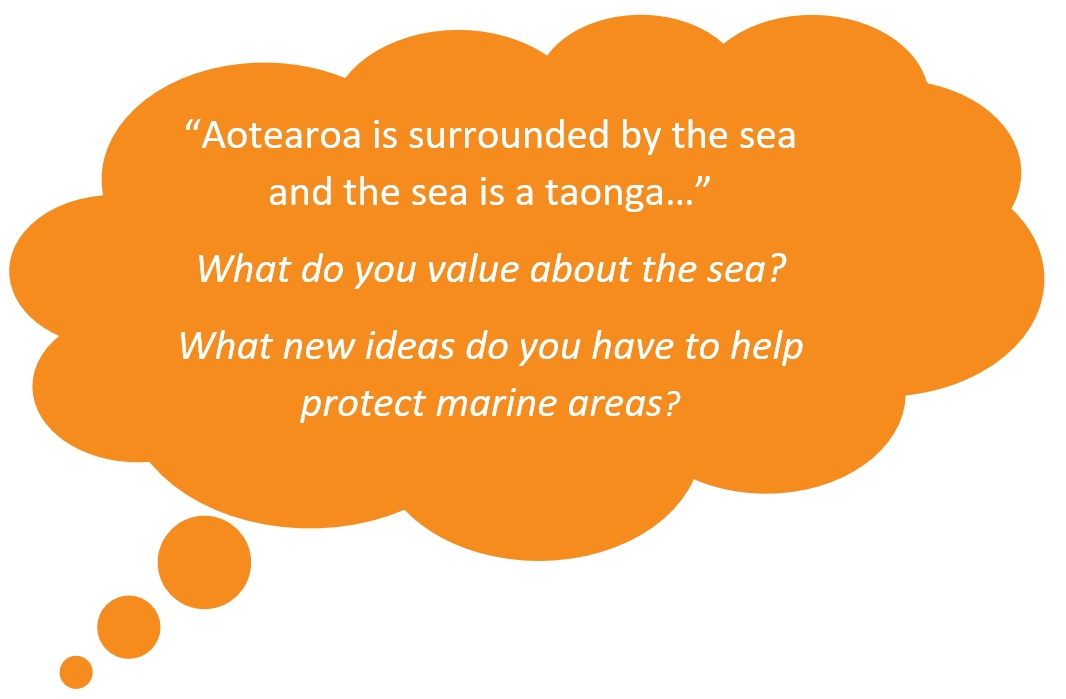You can contact LEARNZ, part of CORE Education, at:
Postal Address:
PO Box 13 678,
Christchurch 8141,
New Zealand

Aotearoa is surrounded by the sea and our oceans support more than 15,000 known species. Many marine species in Aotearoa are found nowhere else in the world – and there are an estimated 50,000 more to discover.
The ocean is part of our lives – we may swim in it, sail on it or eat food from it. Whether we live by the ocean or not, it affects us all because it:
Marine environments are made up of different areas. Each area has a variety of habitats that support different plants and animals. The marine environment can be divided into:
This variety of landscapes supports many different marine organisms.

Aotearoa is surrounded by the sea. The sea is our taonga. Our connections to it are strong. More than 75 percent of New Zealanders live within 10 km of the coast. Even if you live inland, you are never further than a couple of hours drive from the sea. The sea is an important part of our Kiwi lifestyle – whether you use it for recreation, gathering food and other resources, or for spiritual wellbeing.
New Zealand's marine environment is rich and complex because:
This means Aotearoa has many different marine habitats and species.
Our marine areas are not well studied. Less than 1% of our marine areas have been surveyed. More than 15,000 species have been discovered by scientists, and on average 7 new marine species are identified every two weeks.
Scientists think that there may be as many as 65,000 marine species in New Zealand waters. Because we are a long way from other countries many of these species are endemic, which means they are not found anywhere else in the world.
In Aotearoa waters 22 percent of marine mammals, 90 percent of seabirds, and 80 percent of shorebirds are threatened with, or at risk of, extinction.


People have always used resources from the sea. Now we need to think about how we can best use marine resources for the benefit of everyone, without harming the environment.
Marine ecosystems need to be carefully studied and managed so activities in the marine environment are not only good for the economy and employment, but are based on healthy, thriving marine ecosystems that are sustained for future generations.
Complete the Our Ocean quiz
> Discover more about marine ecosystems in Aotearoa and kohunga kutai.